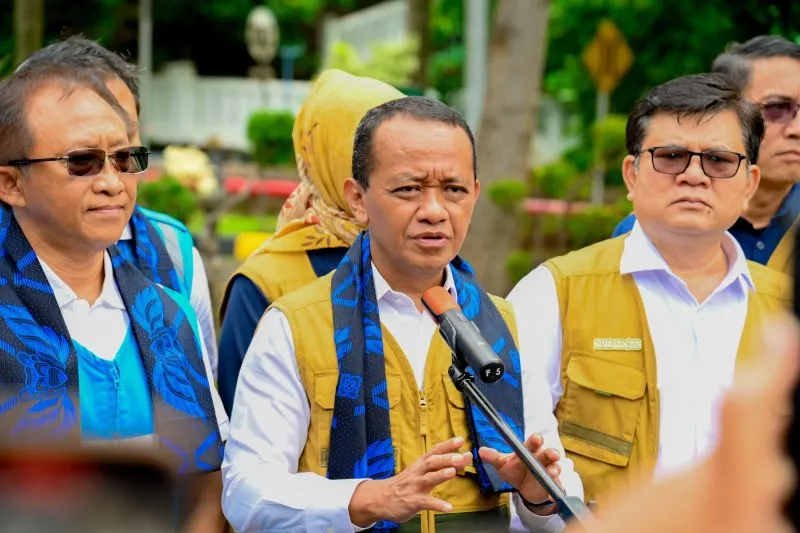Indonesia's Renewable Energy Push for Energy Independence and Sustainability
Indonesia is actively working toward achieving energy independence, with a strong emphasis on both conventional and renewable energy sources. As part of its national development vision under President Prabowo Subianto, the government aims to reduce reliance on fossil fuels while boosting the growth of renewable energy. This shift is not only intended to secure the country’s energy future but also to contribute to global environmental sustainability. The latest initiatives under the leadership of Energy and Mineral Resources Minister Bahlil Lahadalia emphasize renewable energy development, biodiesel production, and geothermal energy utilization.
Energy Self-Sufficiency Through Renewable Energy
Indonesia is setting ambitious targets to ensure energy self-sufficiency, moving beyond oil and gas to focus on renewable sources such as solar, wind, and geothermal energy. Minister Bahlil Lahadalia highlighted the importance of achieving energy independence in both oil and gas sectors while simultaneously increasing the renewable energy share in the national energy mix. The government has outlined several strategic steps to achieve this, targeting a significant rise in renewable energy capacity over the coming years.
By 2025, Indonesia plans to make substantial strides, with the share of renewable energy in the national energy mix expected to reach 14.1%. This goal will be bolstered by strong growth in geothermal power generation, as Indonesia has an abundant geothermal potential. The country aims to maintain its position as the second-largest producer of geothermal electricity globally, currently accounting for around 40% of its renewable energy mix.
The Role of Biodiesel in Energy Independence
Another significant initiative in Indonesia’s energy transition is the mandatory implementation of the biodiesel program. Starting in 2025, the government will require the use of a 40% biodiesel blend (B40), with plans to increase this to 50% (B50) by 2026. This push for biodiesel, produced from palm oil, aims to reduce dependence on imported diesel, strengthening Indonesia’s energy security.
In 2023, Indonesia’s biodiesel consumption reached 12.2 million kiloliters, with a target of 12.5 million kiloliters by 2025. This program has already contributed to significant foreign exchange savings, amounting to US$7.9 billion in 2023 alone. Additionally, the processing of crude palm oil into biodiesel has generated significant economic value, amounting to approximately Rp15.82 trillion.
Accelerating Geothermal Energy Utilization
Geothermal energy is another critical component of Indonesia’s renewable energy strategy. The country’s geothermal potential is immense, and the government aims to harness it to support the decarbonization of its electricity sector. By the end of 2024, geothermal energy is expected to make up a substantial portion of the renewable energy mix, further cementing its role as a reliable, environmentally friendly energy source.
Since 2014, Indonesia’s installed geothermal capacity has increased by 1.2 GW, bringing the total installed capacity to 2.6 GW. This accounts for approximately 11% of the country's total geothermal potential. Indonesia is well on its way to becoming a global leader in geothermal energy production, with substantial investments and projects in place to accelerate development.
A Collaborative Effort for Sustainable Energy
Minister Lahadalia emphasized that energy independence will not be achieved by the government alone. Strengthening collaboration with the private sector, local communities, and other stakeholders is crucial. Additionally, the government is focused on accelerating the adoption of electric vehicles and improving energy efficiency across various sectors. These efforts are key to realizing Indonesia’s vision of becoming energy self-sufficient while contributing to global sustainability goals.
As the country continues to transition toward cleaner, more sustainable energy sources, Indonesia’s push for renewable energy growth promises a brighter, more energy-secure future for the nation and the world.
Read More






 Tuesday, 24-02-26
Tuesday, 24-02-26







